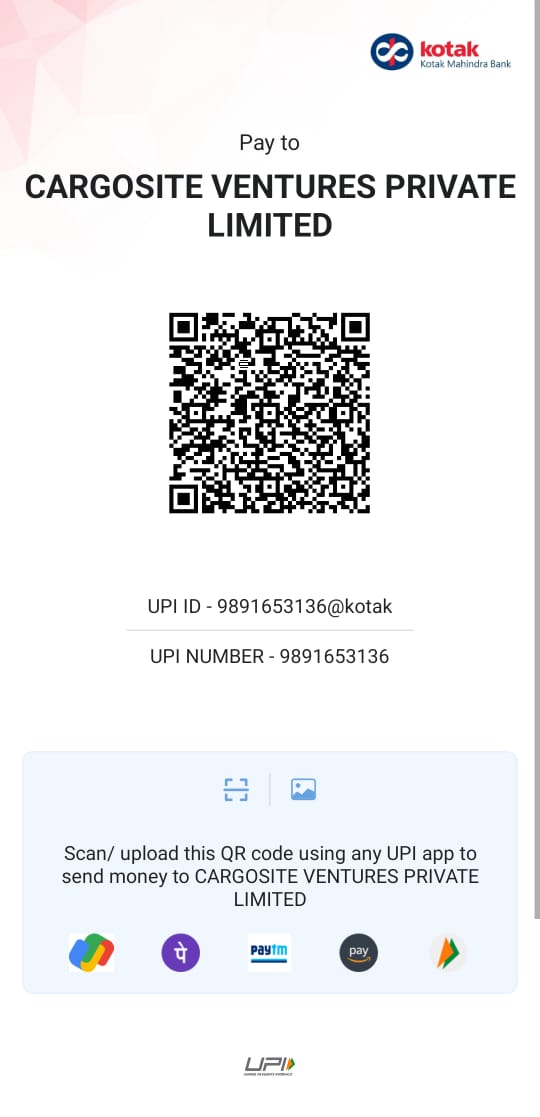Circular No. 5 /2010-Cus.
F.NO.605/16/2007-DBK (Pt.)
Government of India
Ministry of Finance
Department of Revenue
-----------
New Delhi, the 16
th
March, 2010.
To,
All Chief Commissioners of Customs/Central Excise/Customs & Central Excise.
All Commissioners of Customs/Customs (P)/Customs &Central Excise/Central Excise.
All Director Generals of CBEC,
Chief Departmental Representative of Customs Excise & Service Tax Appellate Tribunal.
*****
Sir/Madam,
Sub: Verification Mechanism and monitoring of export obligation under duty exemption / reward Schemes - reg.
*******
I am directed to invite your attention to the above-mentioned subject and to say that, several references have been received,
requesting the Board to put in place a verification mechanism in respect of the duty credit scrips issued under Chapter 3
schemes of the Foreign Trade Policy (FTP) and in respect of the Export Promotion Schemes viz. Advance Authorization / Duty
Free Import Authorization (DFIA) / Export Promotion Captial Goods (EPCG) schemes.
2. The matter has been examined by the Board in the light of the conditions specified in the notifications regarding monitoring
of export obligation in respect of Advance Authorization / DFIA / EPCG schemes. Board has also considered the reports
received from the field formations, which indicated discrepancies found having revenue implications during the verification of
the duty credit scrips, issued under Chapter 3 schemes of FTP. Accordingly, it has been decided to put in place the following
procedures:-
a) In case of EPCG scheme, the Jurisdictional Customs Authorities at the Port of Import shall ensure that the installation
certificates are submitted within 6 months of completion of imports as stipulated in the corresponding customs notifications.
The correctness of the installation certificates, which are issued by the Chartered Engineers, shall be verified on a random
basis through Central Excise divisions. Further, the EPCG notifications stipulate fulfilment of atleast 50% of export obligation
within the first block. This shall be verified in detail. In case the same is found satisfactory, the Export Obligation Discharge
Certificate issued by the Director General of Foreign Trade (DGFT) at the end of 2
nd
block may be accepted without further
verification unless there is a specific intelligence suggesting need for detailed verification.
b) In case of Advance Authorization scheme, the Export Obligation Discharge Certificate should normally be accepted
unless there is an intelligence suggesting misuse.
c) The Jurisdictional Commissioner of Customs may cause random verification for some of the authorizations issued under
EPCG / DFIA / Advance Authorization schemes registered at their port to check the correctness of the address shown on the
Authorization. This is important, as the EPCG notification requires installation of the capital goods and the Advance
Authorisation scheme (and DFIA scheme in some cases) contemplates actual usage of the imported goods. Such verification
may be carried out during the validity of the Authorisation and preferably through the Central Excise divisions.
d) Action to safegaurd customs revenue should be initiated in case the authorization holder does not submit the Export
Obligation Discharge Certificate within the time period stipulated in the relevant Customs notifications.
e) As regards the duty credit scrips issued under Chapter 3 of FTP, the verification of genuineness of scrips in terms of
Para 3.11.3 of the HBP v.1 shall be done before allowing registration of such scrips. Further, the Commissioner may cause
random verification of the shpping bills based on which the said duty credit scrip has been issued to ascertain the genuiness of
such shipping bills. A quarterly report on the outcome of the said verification may be forwarded to the Board, which should
include inter alia the details of the discrepancies noticed during the verification and the measures taken to redress such
discrepancies. This procedure will be reviewed once online transmission of the duty credti scrips issued under Chapter 3 of
FTP is operationalized.
f) Wherever the Export Obligation Discharge Certificates issued by DGFT bear the requirement that the Customs
department should carry out verification, then such verification should be done. In all cases - EPCG, Advance Authorization,
DFIA and Reward Schemes, the Department would retain the right to carry out a complete verification wherever there is
specific intelligence available suggesting misuse.
3. The notifications issued under EPCG / Advance Authorization / DFIA schemes provide that the exporter should
discharge the export obligation within the specified time period or within such extended period as may be permitted. Further,
the notifications issued under EPCG scheme stipulates that in case of non-fulfillment of block-wise export obligation, the
importer should pay the proportional duty of unfulfilled portion of export obligation along with specified interest from the date of
clearance of the goods and such payment should be made within 3 months from the expiry of said block. Monitoring of export
obligation is an integral part of verification mechanism. This would facilitate faster redemption of Bonds / Bank Guarantee
executed under the above schemes. In view of above, the Jurisdictional Commissioners of Customs are directed to put
suitable systems in place to initiate timely action in all cases of default.
4. The guidelines issued in the past on the subject shall be modified to the above extent.
5. These instructions may be brought to the notice of the trade / exporters by issuing suitable Trade / Public Notices.
Suitable Standing orders/instructions may be issued for the guidance of the assessing officers. Difficulties faced, if any, in
implementation of the Circular may please be brought to the notice of the Board at an early date.
Receipt of this Circular may kindly be acknowledged.
Yours faithfully,
Sd-
(P.V.K. Rajasekhar)
OSD (Drawback)

